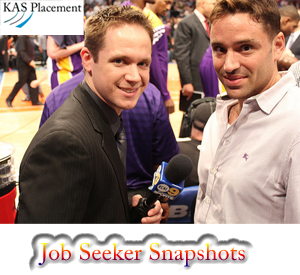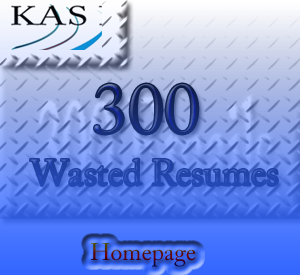How to Market Yourself When Interviewing
Marketing Yourself When Interviewing
Whether it be in a social situation or when interviewing with someone whom we don’t know, we are consistently marketing ourselves. Human beings are always attempting to come across in a positive manner to others.
Though, when it comes to marketing oneself during an interview (regardless of industry) many job seekers fall flat and this failure to impress becomes quite costly and mentally tiresome.
A Remedy Does Exist
If, as a job seeker you feel that you are possibly not coming across the way you want, here are some tips to get back on track and get the job that you want:
1. Trail and Error – if you feel that something is not working, don’t get down on yourself. Instead, simply change what you’re doing.
2. Be Yourself – you can only pretend to be someone else for so long and get away with it. Be comfortable in your own skin or else the interviewer or headhunter won’t be comfortable pulling the trigger on you.
Ken Sundheim is the CEO of KAS Placement. KAS is a sales recruiting, media and marketing staffing agency recruiting all levels of job seekers. Read the rest How to Marketing Yourself During an Interview

Pictured above: CEO of KAS Placement, Ken Sundheim at the Rangers Capitals playoff game – Madison Sq. Garden.












